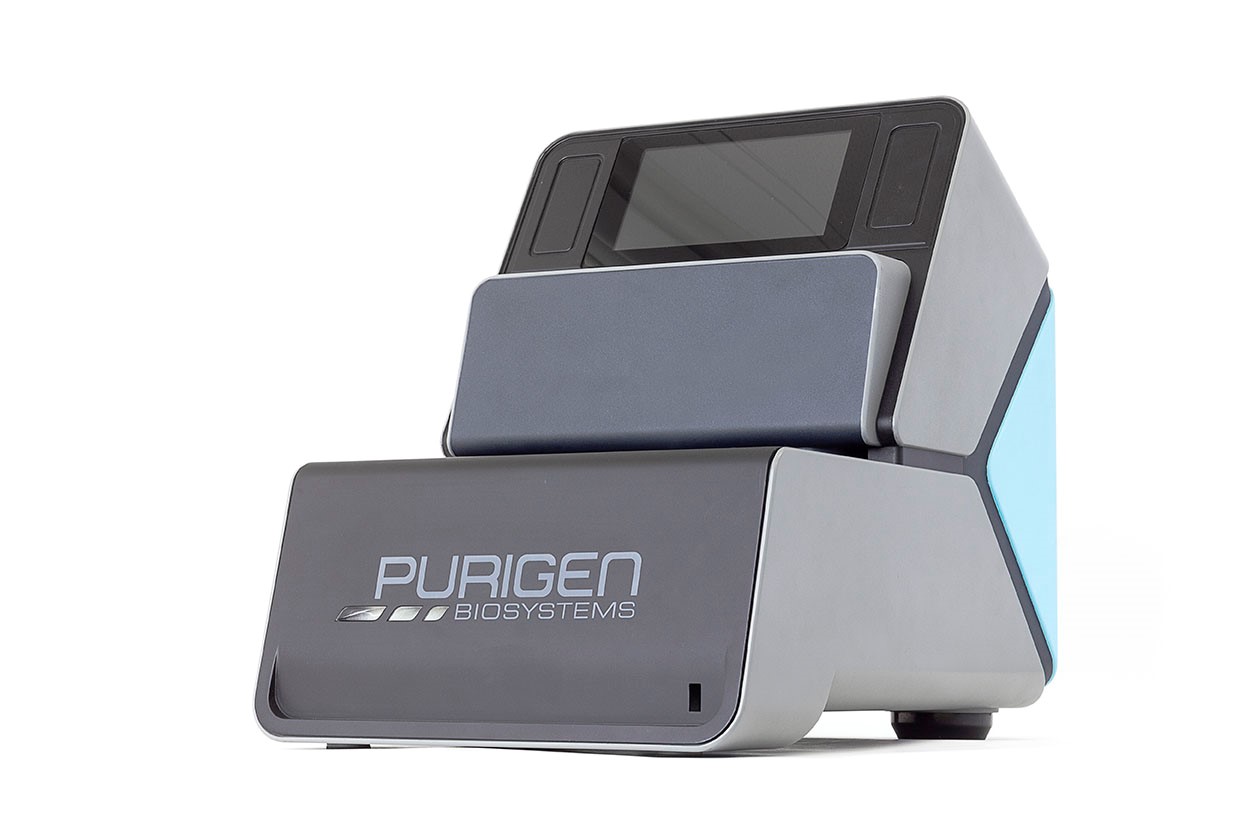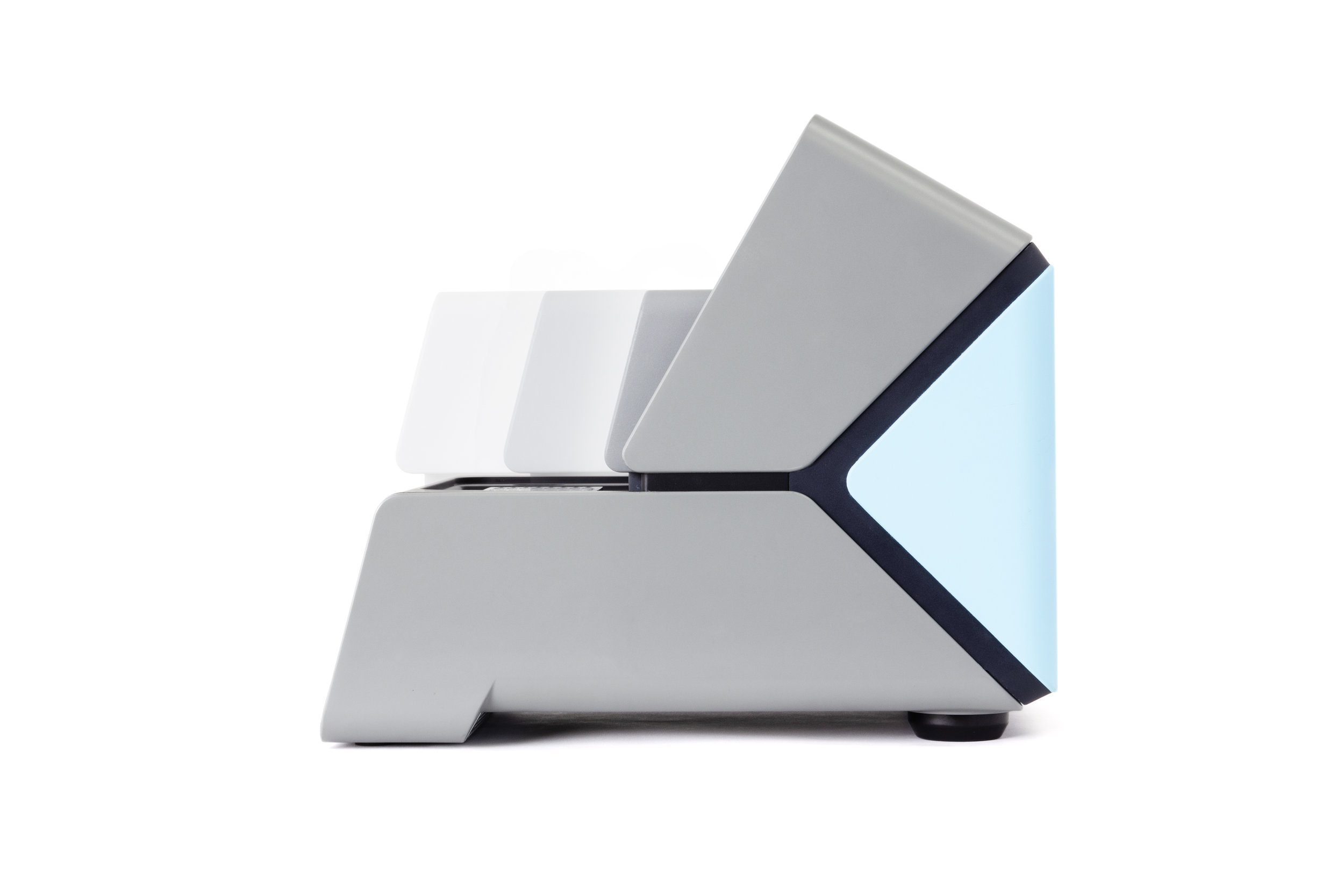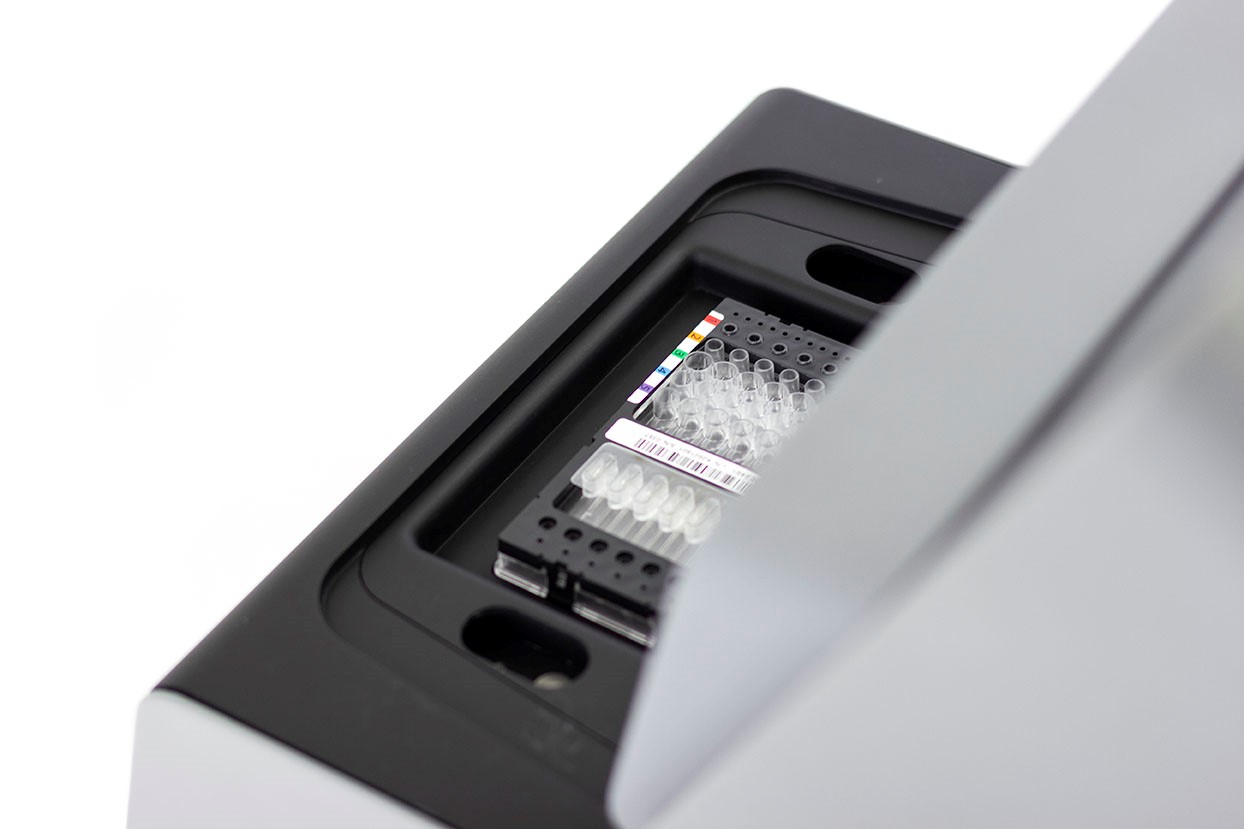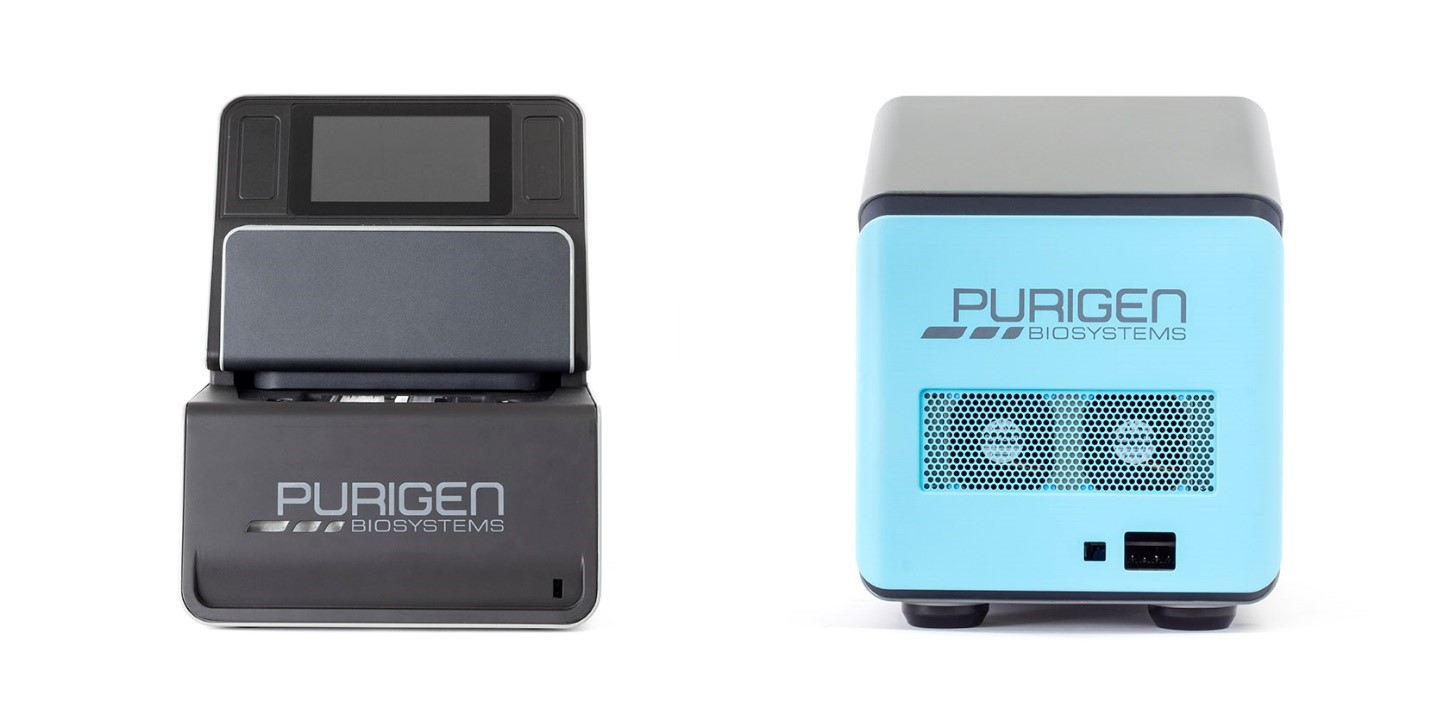Unlocking Rapid product development with DFM Solutions
Successful product development is a team effort, often involving people from engineering, marketing, supply chain, and so on. In the early 1980’s, Ford Motor Company decided to take a somewhat different approach to the development of a new car/platform with the idea of getting the car to market faster than the normal 5 year development cycle. Typically, cars were conceived and developed by marketing, design and engineering (often in isolation), and “thrown over the wall” to manufacturing. This would often result in many months of iterations between manufacturing and engineering to resolve issues to make the car manufacturable at the target costs. The new platform, which would be the Ford Taurus, would take a different approach to development – they would bring in representatives from all disciplines, including marketing, design, engineering manufacturing/supply chain from day one, and they would have an equal say in the development of the platform. The car went on to be a success for Ford, and is credited with saving Ford from bankruptcy. This was one of the first large scale implementations of Design for Manufacturability.
More recently a client approached us to embark on developing a cutting edge, complex product laboratory product and wanted to get to market in less than a year. To achieve this, it was critical that the entire team needs to be formed early on, working closely together from day one with an emphasis on Design for Manufacturability. We’ve talked about the importance of DFM in previous blogs, and we’d like to share this real world example.
Purigen BioSystems was formed to developed a hands-free approach for extracting, enriching, and quantifying DNA and RNA from biological samples. The technology was developed by Purigen’s co-founder, Stanford Professor Juan G. Santiago, and uses an electric-field driven technique for purifying, focusing, and/or separating species called isotachophoresis (ITP).
To develop this platform, Chemists, Mechanical and Electrical Engineers, Hardware and Software Developers, and Manufacturing experts from both Purigen and Acorn formed a team that drove a holistic system level solution for the laboratory platform. The design required deep design and engineering expertise in areas such as Industrial Design, motion control, thermal analysis, chassis and EMI design. Utilizing a DFM-based approach, the project team worked closely continually from project start vs. the more typical handoffs from design to engineering to manufacturing. This allowed the team to address and avoid potential issues down the road.
This collaboration was essential to the success of the program, particularly with aggressive schedules. Dr. Barney Saunders, CEO for Purigen, said “Developed by a talented team, our jointly developed solution fundamentally transforms sample preparation for many underserved clinical genomics applications. Getting a complex biotech instrument to market quickly required Acorn’s support for Design for Manufacturability (DFM) from the beginning all the way into the production line. In about nine months, our instrument solution was through UL approval and on the manufacturing line.”
Build and involve your entire team (from napkin to production) early, and have them participate throughout the development process and increase your chance for success.








